What are post-traumatic headaches?
Post-traumatic headaches can begin after a car accident. Frequently, post-traumatic headaches are painful and quite debilitating. They can start immediately after a collision or within hours or days.
Keep in mind, the severity of the headaches is not always determined by the severity of the auto accident. Severe and debilitating headaches can result from relatively low-impact crashes.
What is it about a car accident that can cause a person to begin suffering from headaches?
During a car accident, an injury victim may suffer a blow to the head, for example, by striking his or her head on the steering wheel, window or other hard surface in the car’s passenger compartment. That impact or blow to the head could be enough to trigger post-traumatic headaches in the victim.
Additionally, post-traumatic headaches can be the result of accidents, such as rear-end collisions, where the victim’s head and neck is violently whipped back and forth.
What are the signs or symptoms of a post-traumatic headache?
An auto accident victim may begin experience headaches at a frequency and severity that did not exist prior to the collision. Here are some of the many symptoms:
- Dull, aching head pain
- Sensation of tightness or pressure across the forehead or on the sides and back of the head
- Tenderness on the scalp, neck and shoulder muscles
- Occasionally, loss of appetite.
How long does a headache last?
A tension headache can last from 30 minutes to an entire week. A car accident victim may experience these headaches only occasionally, or nearly all the time. If headaches occur 15 or more days a month for at least three months, they’re considered chronic. If headaches occur fewer than 15 times in a month, they are headaches are considered episodic.
What’s the difference between a headache and a migraine?
Tension headaches can sometimes be difficult to distinguish from migraines. But unlike some forms of migraine, tension headache usually is not usually associated with visual disturbances like blind spots or flashing lights, nausea, vomiting, abdominal pain, one-sided weakness or numbness or slurred speech. And while physical activity typically aggravates migraine pain, it does not make tension headache pain worse.
Are there different types of post-traumatic headaches?
Yes. Below is a list of the different types of post-traumatic headaches that a seriously injured Michigan auto accident victim may suffer:
- Musculoskeletal headaches
- Chronic facial headaches
- Nerve dysfunction headaches
- Vascular headaches
- Migraine headaches
- Cervicothoracic somatic dysfunction headaches
- Chronic daily headaches
- Tension-type headaches
- Cluster headaches
Are headaches ever the indication that something more serious is wrong?
Yes. For auto accident victims suffering from severe post-traumatic headaches, especially after they have experienced a blow to the head during the accident, the presence of post-traumatic headaches may be a sign that the victims are also suffering from a traumatic brain injury, post-concussion syndrome or even a closed head injury.
What are the treatment options for post-traumatic headaches
Typically, doctors will treat an auto accident victim’s post-traumatic heads with medication and, in some cases, may recommend various alternative medicines.
Additionally, treatment of other personal injuries and conditions, such as traumatic brain injury and post-concussion syndrome, may have the secondary effect of treating a victim’s post-traumatic headaches.
Dr. Michael Buczynski at Art of Health Chiropractic in Nashville, TN has treated over 1100auto accident patients over the past two years. He has worked with patients exhibiting symptoms such as whiplash, headaches, wrist and shoulder sprains, disk bulges, hip and knee pain, numbness, tingling, back pain, and more.
Call the office at (615)953-7544 to schedule your appointment today.


